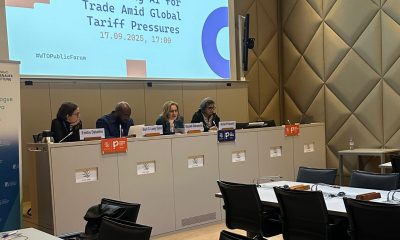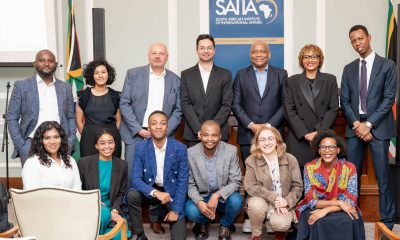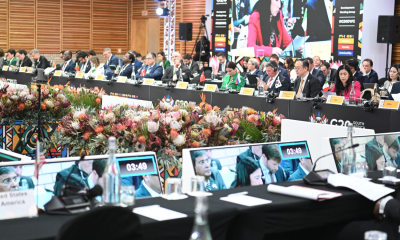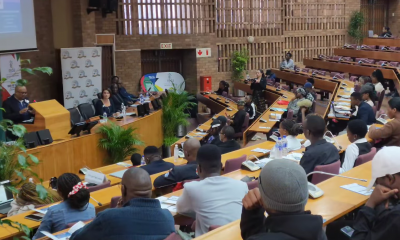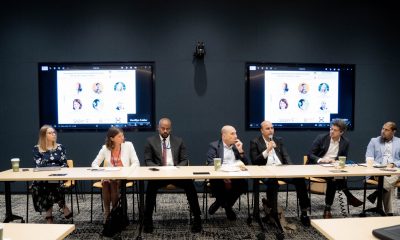Under AGOA, South Africa and other African countries enjoy duty free access to the US market. This access has helped make the United States the second biggest market for South African goods, and the largest market for key manufacturing sectors, such as the motor industry.
AGOA expires in 2015, and its future is currently being debated before the US congress. Doubts have been raised about the sustainability of asymmetrical deals like AGOA, and on the appropriateness of including larger African economies like South Africa in the deal.
Even if AGOA is extended in the short term, the future of trade between the United States and the continent is set to undergo a major transition, and understanding and managing this process is vital to building a healthy and vibrant relationship with the world’s biggest economy.
Business Leadership South Africa (BLSA) and SAIIA joined together to review the history of AGOA and chart where the partnership between the US and Africa should go from here. The resulting submission to the US International Trade Commission details the crucial role that AGOA has played in driving improved trade and investment linkages between the two regions. It recommends a 15 year extension of AGOA, and a consolidation of the agreement through new trade and investment facilitation components. This combination will deepen the relationship between the US and Africa, while also creating space for the negotiation of a new partnership agreement that can take the relationship forward.
Recommendations contained in the submission
- Recommendation 1: We support an urgent, seamless 15 year extension of AGOA. Such a lead time will provide ample room for the US to initiate regional trade agreement negotiations with key African regional economic communities (RECs).
- Recommendation 2: South African business is not opposed to a “negotiated” – mutually beneficial free trade agreement with the US. Therefore, we recommend that a clause on an “implementable framework towards regional free trade agreements” with sub-Saharan regional blocs be explicitly included in the reauthorized AGOA legislation.
- Recommendation 3: Appreciating the numerous programmes such USAID’s Trade Hubs that assist African firms with trade facilitation, we propose that a “trade and investment facilitation component” be included in AGOA legislation. Institutionalizing the facilitation will harmonize the many existing programmes and increase their usage.



